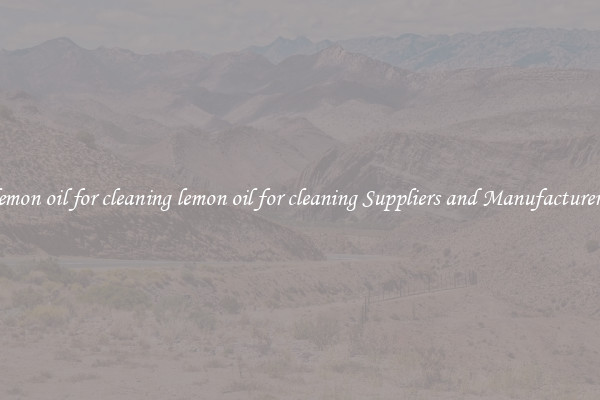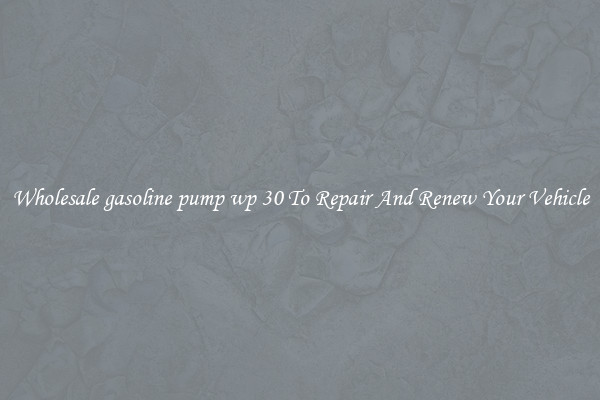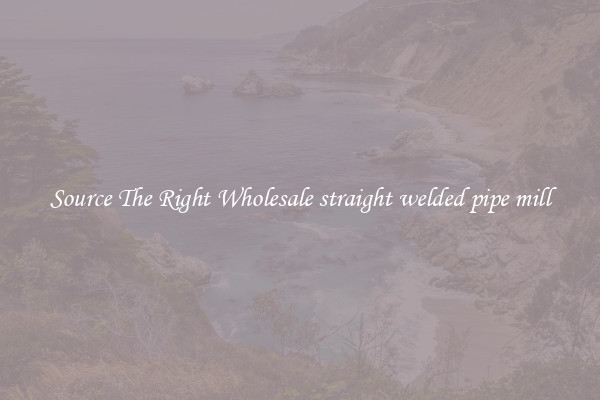Wholesale net weight of lpg cylinder to Ship Gaseous Substances Safely
Wholesale Net Weight of LPG Cylinder to Ship Gaseous Substances Safely

When it comes to shipping gaseous substances, safety is of utmost importance. One key factor that ensures the safe transportation of such substances is the wholesale net weight of LPG cylinders. LPG, or liquefied petroleum gas, is a flammable hydrocarbon gas commonly used for heating and cooking purposes. Transporting LPG cylinders in bulk requires careful consideration of their net weight to avoid any potential hazards.
The net weight of an LPG cylinder refers to the weight of the cylinder itself without the gas it contains. This weight is a crucial factor to consider while shipping LPG cylinders, as it directly affects the overall mass and stability of the shipment. It is essential to ensure that the net weight of each cylinder is accurately measured and documented, as any variation can significantly impact the safety of the transportation process.
Shipping gaseous substances can be a risky undertaking due to their volatile nature. Therefore, it is crucial to prioritize safety measures to minimize the potential risks. One key element is correctly determining the wholesale net weight of LPG cylinders. By accurately assessing the weight of each cylinder, container capacities can be effectively planned, ensuring stability during handling, storage, and transportation.
Regulatory bodies such as the International Maritime Organization (IMO) and national safety departments have established guidelines and regulations to ensure the safe transportation of gaseous substances. These regulations often include specific requirements for the net weight of LPG cylinders to be met, as they directly impact the stability and safety of the shipment.
Failing to adhere to these guidelines can have severe consequences. An underfilled or improperly weighted cylinder can result in instability during transit, increasing the risk of accidents and potential leaks. Moreover, overfilled cylinders may exceed safe limits and could lead to explosions or major accidents due to excessive pressure build-up.
To ensure the wholesale net weight of LPG cylinders is accurate, strict quality control procedures are vital. Manufacturers and suppliers must follow standardized protocols to guarantee that each cylinder is correctly filled, taking into account manufacturing tolerances and irregularities.
Additionally, periodic inspections and testing should be conducted to verify the accuracy of the stated net weight. This can help identify any malpractices and ensure that all cylinders meet the required safety standards.
In conclusion, shipping gaseous substances requires meticulous attention to detail and adherence to safety regulations. The wholesale net weight of LPG cylinders plays a critical role in ensuring the safe transportation of these hazardous substances. Proper planning, accurate measurement, and adherence to regulatory guidelines are essential to maintain stability and prevent potential accidents. With a strong focus on safety protocols, the shipping industry can continue to transport gaseous substances efficiently and securely.

View details

View details

View details

View details








